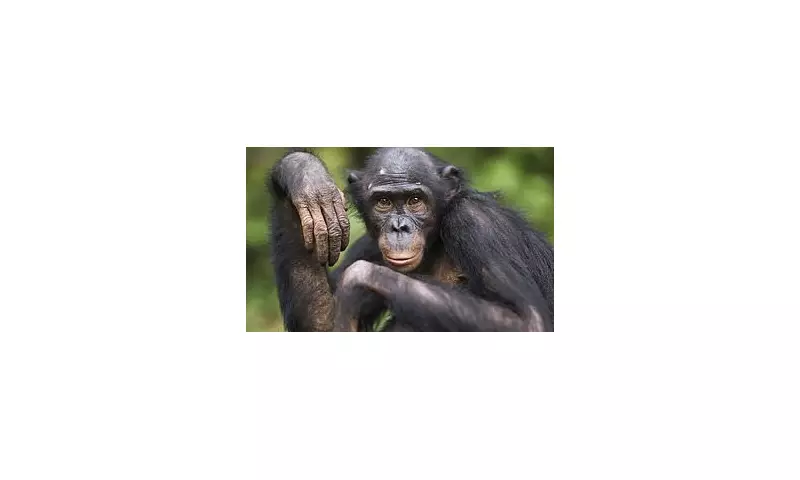
In a stunning revelation that challenges our fundamental understanding of primate development, scientists have discovered that monkey evolution is taking unexpected turns in the modern world. The groundbreaking research from the University of Portsmouth suggests our primate cousins are adapting in ways never before documented.
Unprecedented Evolutionary Shifts
The comprehensive study, conducted by a team of evolutionary biologists, observed remarkable physical and behavioural changes occurring within monkey populations at a pace that has astonished the scientific community. These aren't the slow, gradual changes proposed by classical evolutionary theory but rather rapid adaptations to changing environmental pressures.
Urban Jungles and Natural Habitats
Researchers documented fascinating differences between urban-dwelling monkeys and their forest counterparts. Those living in close proximity to human populations are developing distinct characteristics – from altered dietary habits to surprising social behaviours that demonstrate incredible cognitive flexibility.
Scientific Methodology Breakthrough
The research team employed cutting-edge genetic analysis combined with years of field observation across multiple continents. This dual approach allowed them to track both the genetic markers of evolution and the real-world behavioural manifestations, creating the most complete picture of primate evolution ever assembled.
Implications for Evolutionary Science
These findings don't just rewrite what we know about monkeys – they challenge fundamental principles of evolutionary biology. The rapid pace of adaptation observed suggests that climate change, urbanisation, and human activity are creating unprecedented evolutionary pressures that force species to adapt or face extinction.
Future Research Directions
The University of Portsmouth team is expanding their research to investigate whether similar rapid evolutionary patterns are occurring in other primate species, including great apes. Their work opens new avenues for understanding how all species, potentially including humans, might continue to evolve in our rapidly changing world.





